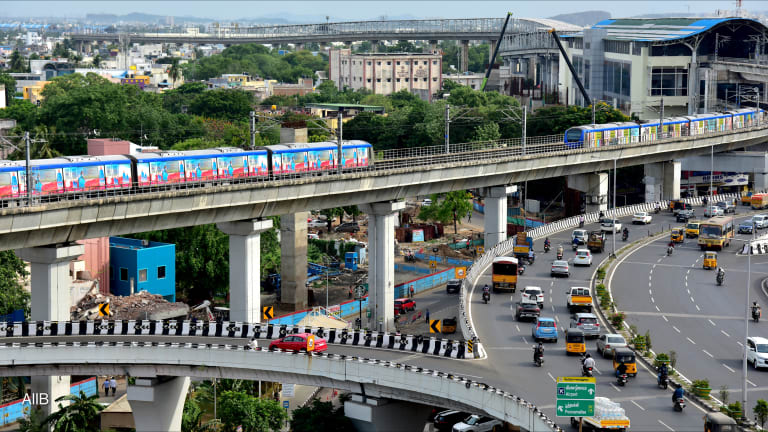
“We need more doctors and nurses. More beds and more treatment facilities. More personal protective equipment. More burial teams and more ambulances. More cell phones. More SIM cards. More motorbikes and trucks and helicopters. More plastic gloves, more bleach and more thermometers. And the list goes on and on.”
These were the haunting words of U.S. Ambassador to the United Nations Samantha Power, speaking in Geneva in late October about the global response to the Ebola outbreak. And while the supplies she lists are basic items, they’re out of reach. Money has been pledged to help bring this epidemic under control, but bureaucratic hurdles and the glacier-like pace at which aid dollars flow have gotten in the way, slowing the global community’s ability to respond.
As is often the case, funding to treat, prevent, and perhaps halt the spread of Ebola becomes available at different rates. Although dozens of bilateral, multilateral, and nonprofit organizations have pledged millions, those funds take time to be processed and delivered to the in-country teams who need them.
In times of crisis, there are often many solutions developed in response to the same problem. In the case of Ebola, United Nations Secretary-General Ban Ki-moon’s Ebola Response Trust Fund has been one of the most visible. Certainly, it raised critical awareness and, as of mid-November, $121 million of the $1 billion requested had been pledged. However, these funds, like most others, face a multitude of hurdles before they reach their end user. As of mid-November, of the $121 million pledged, only $60 million had been received by the trust and, of that, only $26 million had been transferred to implementers. When battling a disease with an average 50 percent mortality rate, it is critical to stem the spread.
The importance of early access to funds cannot be overemphasized, especially in emergencies. And, while financing and working capital are definitely not the end goal, they are equally as important as the supplies they purchase when you are battling a disease that kills people daily. To combat Ebola and other fast-moving diseases that require a rapid response, we must embrace the financing mechanisms available to us.
As of mid-November, Pledge Guarantee for Health held a $50 million credit facility that is solely intended to accelerate access to pending donor funds. Through PGH, credit can be used immediately not only in emergency situations like we’re seeing in West Africa, but also to address a range of long-standing global health issues. In fact, PGH has already helped prevent the spread of infectious diseases like malaria through LLINs, delivered high-quality family planning supplies, and supported expanded access to previously outpriced medicines for diseases like hepatitis C.
While the spread of Ebola has slowed, the U.N. chief appealed to world leaders to not be lulled into a false sense of “mission accomplished.” The outbreak is still active and caseloads are overwhelming new communities. To rapidly isolate and break the exponential curve of infection, we must be willing to tap into the credit and financing options that are in place to save lives now.
Want to learn more? Check out the Healthy Means campaign site and tweet us using #HealthyMeans.
Healthy Means is an online conversation hosted by Devex in partnership with Concern Worldwide, Gavi, GlaxoSmithKline, International Federation of Pharmaceutical Manufacturers & Associations, International Federation of Red Cross and Red Crescent Societies, Johnson & Johnson and the United Nations Population Fund to showcase new ideas and ways we can work together to expand health care and live better lives.





